According to a recent BBC documentary about meditation, some 10 million people in the Western world practice meditation.
The word meditation seems to mean many different things to different people. Some people associate it with prayer, others with breathing and relaxation, and yet others see it as something you do at the end of a yoga session.
SO...what is this thing called meditation?
The dictionary defines it in a number of ways:
1: to engage in contemplation or reflection
2: to engage in mental exercise (as concentration on one's breathing or repetition of a mantra) for the purpose of reaching a heightened level of spiritual awareness
3: to focus one's thoughts on : reflect on or ponder over
4: to plan or project in the mind : intend, purpose
It is also a key discipline in Buddhism – although that does not in itself, make it a religious act. According to The Friends of the Western Buddhist Order, meditation “is a means of transforming the mind. Buddhist meditation practices are techniques that encourage and develop concentration, clarity, and emotional positivity.”
To me, meditation is about quietening the mind and finding a peaceful place within myself (in amongst the to-do lists).
Sounds good huh! So why do some people find it difficult to do?
In my experience in “learning” how to meditate, the prospect of sitting by myself in quiet contemplation, being aware of my breathing and/or reciting a mantra, and attempting to let all thoughts pass through my mind without judgement, seemed ridiculously hard! My mind never seems to stop, so the idea of being still for even just 10 minutes a day - outside of sleep – was a foreign concept.
Over the years, I’ve tried meditation tapes, books and courses – and it certainly helped to be able to discuss the practice of meditation with other people in the same boat as me....ie clueless!
I eventually stumbled across guided meditations or visualisations, whereby a voice guides you into a safe, peaceful scene that’s intended to induce a deeply relaxed state – a state similar to what you might achieve by sitting still and be aware of your breathing. Low and behold, you’re meditating! My favourite guided meditations include:
My favourite guided meditations include:
- The Celestine Meditations, by Salle Merrill-Redfield (wife of The Celestine Prophesy’s author, James Redfield. There are two 25-minute sessions on this CD; the first does a guided walk through a growth forest, and the second, along a peaceful beach. - Morning and Evening Meditations by Louise L. Hay, that focus on being thankful for what you have, and starting and ending your day peacefully.
- Morning and Evening Meditations by Louise L. Hay, that focus on being thankful for what you have, and starting and ending your day peacefully.
- Chakra Clearing: A Morning and Evening Meditation to Awaken Your Spiritual Power by Doreen Virtue, which help you to become aware of your body’s energy centres and the issues associated with each chakra. - There’s also a stack of free tracks available on iTunes under Podcasts.
- There’s also a stack of free tracks available on iTunes under Podcasts.
Recordings like this can be great for beginners, or if you’re trying to maintain a meditation practice alone. I found that the more I listened to guided visualisations, the more I started to crave silence, rather than someone else’s voice. So I then started to explore the more traditional Buddhist techniques of mindful meditation.
To do this, I recently attended a weekend meditation retreat at the Rivendell Buddhist Retreat Centre, run by The Friends of the Western Buddhist Order. This introductory retreat gave a great overview of the concepts of mindful meditation, alternative sitting postures (that also help energy flow through the body), and general benefits of meditation. It was also really nice to meditate amongst other people. Almost everyone commented that it somehow felt more powerful to be quietly contemplating in a room with 20 other people.
The BBC documentary also spoke of the benefits of meditation, which amongst other things, included calmness, stress reduction, improvements in happiness and wellbeing, improved concentration and focus, mental alertness, and potential reductions in blood pressure in people with high blood pressure!
While I still struggle with meditating daily, or even every other day – I certainly find that when I do it, I feel very relaxed afterwards, sleep better, and generally feel calmer and happier.
In today’s frantic world, I reckon it’s worth taking whatever steps you can to induce a state of relaxation.
Do you meditate? Do you want to meditate but struggle? I’d love to hear your thoughts.
Wednesday, April 9, 2008
Relaxing through meditation
Labels:
meditation,
relaxation
Subscribe to:
Post Comments (Atom)










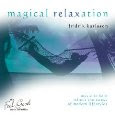
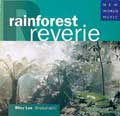
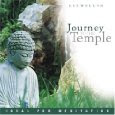





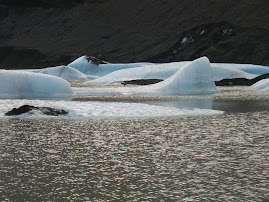

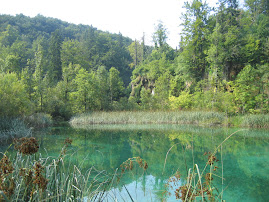

No comments:
Post a Comment